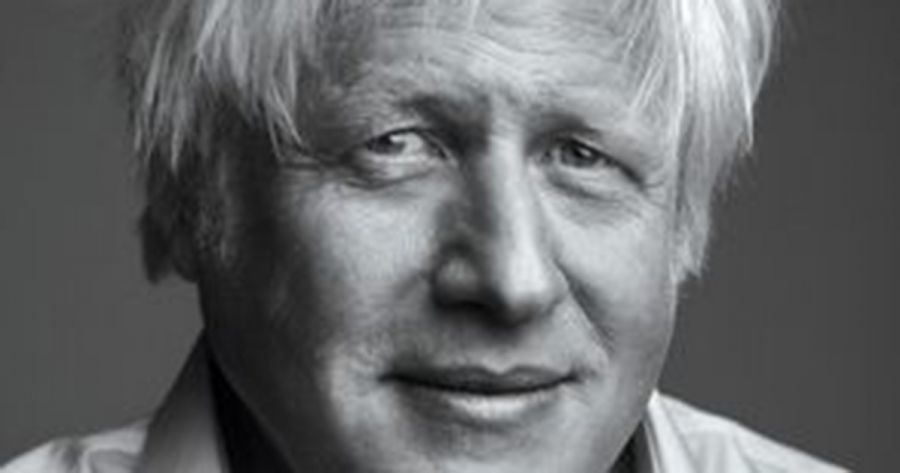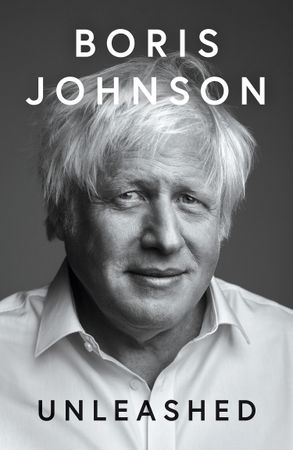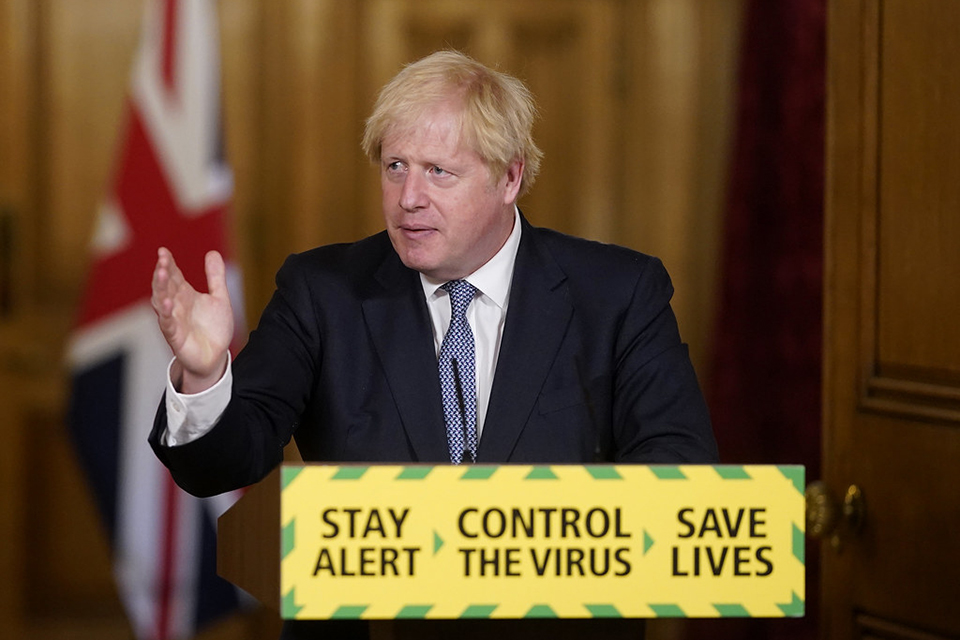
- Free Article: No
- Contents Category: Biography
- Review Article: Yes
- Article Title: All things Boris
- Article Subtitle: Memoirs of a populist leader
- Online Only: No
- Custom Highlight Text:
Boris Johnson is of course one of the most distinctive political leaders of recent times. With his mop of unruly blond hair, plummy Etonian tones, and carefully confected air of bumbling amiability, he seems to have been on the British political scene for decades. In fact, his political career has been relatively short by comparison with many of his peers. This in turn helps explain the timing of Unleashed. As becomes clear, Johnson is in no mood for idle reminiscence or nostalgia for the top table.
- Alt Tag (Featured Image): Simon Tormey reviews ‘Unleashed’ by Boris Johnson
- Book 1 Title: Unleashed
- Book 1 Biblio: William Collins, $49.99 pb, 772 pp
- Book 1 Cover Small (400 x 600):

- Book 1 Cover (800 x 1200):

- Book 1 Readings Link: https://www.readings.com.au/product/9780008733452/unleashed--boris-johnson--2024--9780008733452#rac:jokjjzr6ly9m
As regards the achievements, they are not inconsiderable. Recounting them is undoubtedly a useful corrective to the view that Johnson is a simplistic figure who used his celebrity as a media personality to propel himself to power with the single aim of enhancing his own standing and earning power. Of course, Johnson is interested in power, but what comes across is a sense that he does have a genuine interest in the common good. The chapters on his time as mayor are particularly compelling in this respect. There is a plethora of initiatives and policies aimed at improving the lives of Londoners, such as the eye-catching ‘Boris Bike’ initiative that sought to improve active transportation, as well as reducing dependence on cars. There are some curious fixations as well, notably the determination to bring back the traditional double-decker bus with its open stairwell to ease ingress and egress, a design that had been scrapped due, in his view, to an unnecessary fixation with health and safety. There was also his starring role in drawing the eyes of the world to the 2012 London Olympics. The sight of Boris helplessly dangling from a zip wire waving Union Jack flags became an iconic image of a very ‘Boris’-themed event – good-humoured, tongue in cheek, and welcoming.
Overall, Johnson gives ample evidence to support the view that he was a popular as well as effective mayor. It is also clear that he enjoyed the role – more so than he enjoyed being in government. As someone who pronounced as a child that he would like to be ‘King of the World’, being mayor afforded greater satisfaction than being in charge of a famously unruly party faced with two particularly demanding assignments: Brexit and Covid. Johnson was elected prime minister in 2019 with the mandate to ‘Get Brexit Done’. Theresa May, his immediate predecessor, had left Brexit flapping in the breeze, in danger of being sliced and diced by ‘Remainer’ eurocrats. With half an eye on the rising popularity of Nigel Farage, the other darling of the nationalist right wing of British politics, Johnson teamed up with the shadowy figure of Dominic Cummins to drive through a ‘full English Brexit’. This was achieved through proroguing Parliament, a moment that led commentators (including this one) to wonder aloud whether the amiability for which he was famed was really a front for a more ruthless operator in the Trump/Bannon mould. Johnson passes over this episode with predictable haste, preferring instead to underline his ability to deliver difficult policies rather than fudging around them – like May. But the memories of a flirtation with a more piratical approach to solving complex problems linger and may harm his chances of any political return.
 Boris Johnson adressing a Covid 19 press conference, 2020 (10 Downing Street via Wikimedia Commons)
Boris Johnson adressing a Covid 19 press conference, 2020 (10 Downing Street via Wikimedia Commons)
Covid warrants lengthier treatment in the text, understandably so given that Johnson himself spent a considerable amount of time in intensive care, laid low with the virus. Johnson sees that Covid presented a ‘no win’ scenario for leaders and governments. He is usefully candid about his own approach, which was to err on the side of caution when confronted with a novel threat, but to correct back as soon as he thought the general public was able to bear the risks for itself, which he thought it could post vaccine roll-out. On the latter, Johnson is quick to take credit for the United Kingdom’s response through fast tracking the work of key research teams, a bet that paid off in terms of the ability of the United Kingdom to achieve its vaccine roll-out. What a pity that the superb performance by British researchers didn’t translate into a more generous settlement for its embattled scientists and universities.
The vaccine episode illustrates what Johnson feels to be his chief virtue as a politician: the ability to take decisive action when the opportunity affords it. This in turn highlights the nature of Johnson’s populism, which has been the source of much debate and commentary. Populism can be understood in many ways, but more often than not it is associated with an approach to politics that emphasises a divide between what the people want and what is supplied by élites – or between ‘common sense’ and technocratic reasoning. Johnson’s barely concealed bugbear is the ‘blob’, code in British conservative circles for a self-serving civil service and the liberal media, which counsels caution, patience, and a safety-first stance. Johnson, by contrast, sees himself as a man of action, someone in touch with the real needs of the public, a doer as well as thinker (Johnson frequently references Greek and Roman history to add colour to his arguments). But equally, the weakness of such an approach shines off the pages here. There is no analysis. Nowhere in this text of nearly 800 pages do we get a sense of what Britain needs. There is no meditation on the nature of Britain’s economic decline and what can be done to reverse it. There is no account of what a post-industrial future might look like for the United Kingdom. There is very little in the way of vision – just doing, acting, reacting, albeit with a flourish, with vigour and occasionally misplaced humour.
Johnson’s populism may have a very British texture to it, but it is symptomatic of a wider problem we confront here in Australia as well as elsewhere: the lack of consideration for and discussion of the broader macro-economic changes that will in turn shape the choices politicians are presented with. Our politics have become short-termist, simplistic, and populist. We are fascinated by the immediate, the emotive, the visceral – and therefore shun what might be termed ‘slow politics’, the politics that takes the long view and that considers the complex interplay of forces that shape domestic policy options. As a figure who clearly relishes fast politics, a politics driven by and responsive to every media fixation, Johnson is a politician for our age. Far from marking the end of his political career, Unleashed is more likely to signal the end of the first chapter of Johnson’s continued love of the Westminster limelight. Stand by for Unleashed Again.


Comments powered by CComment